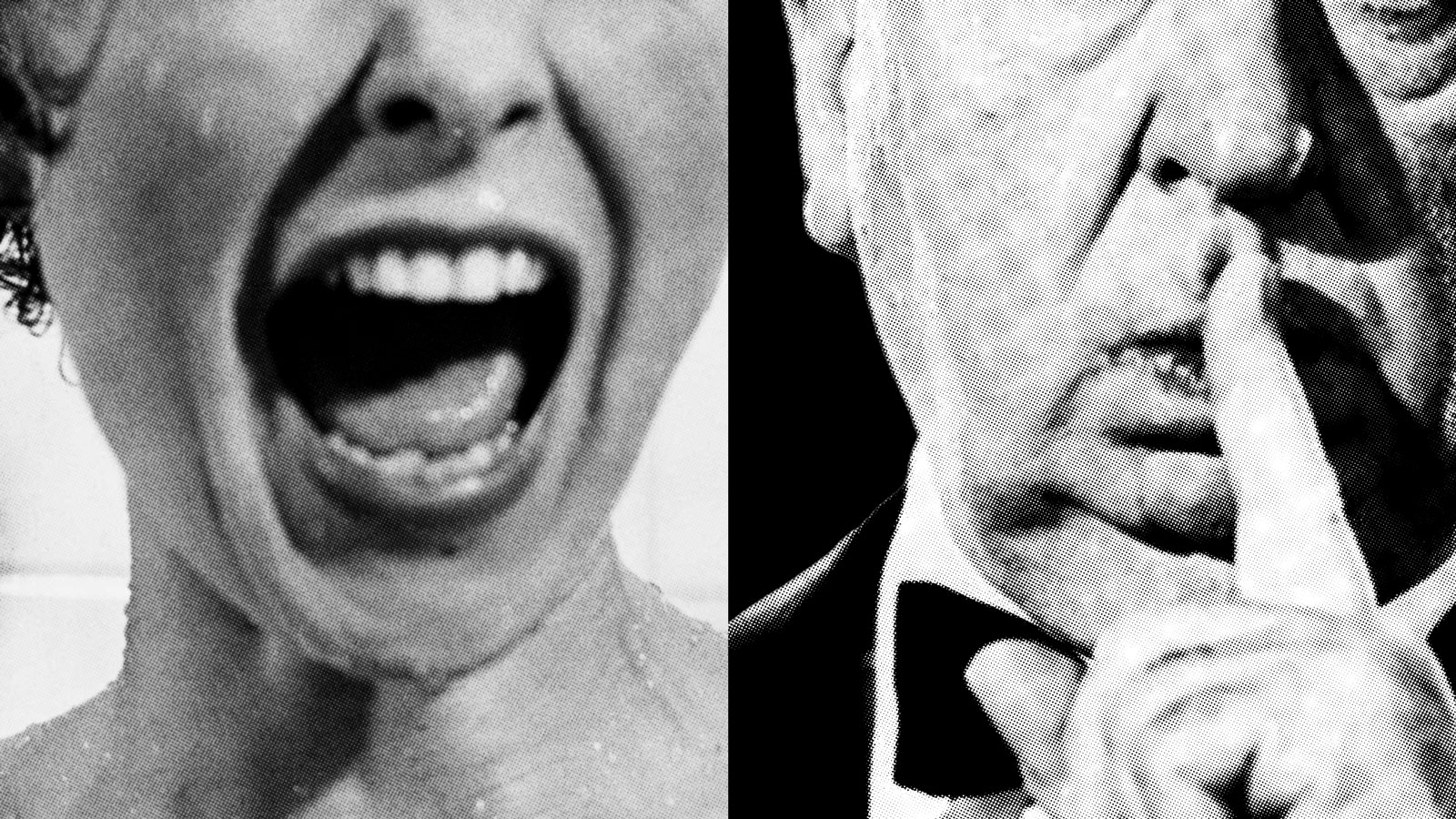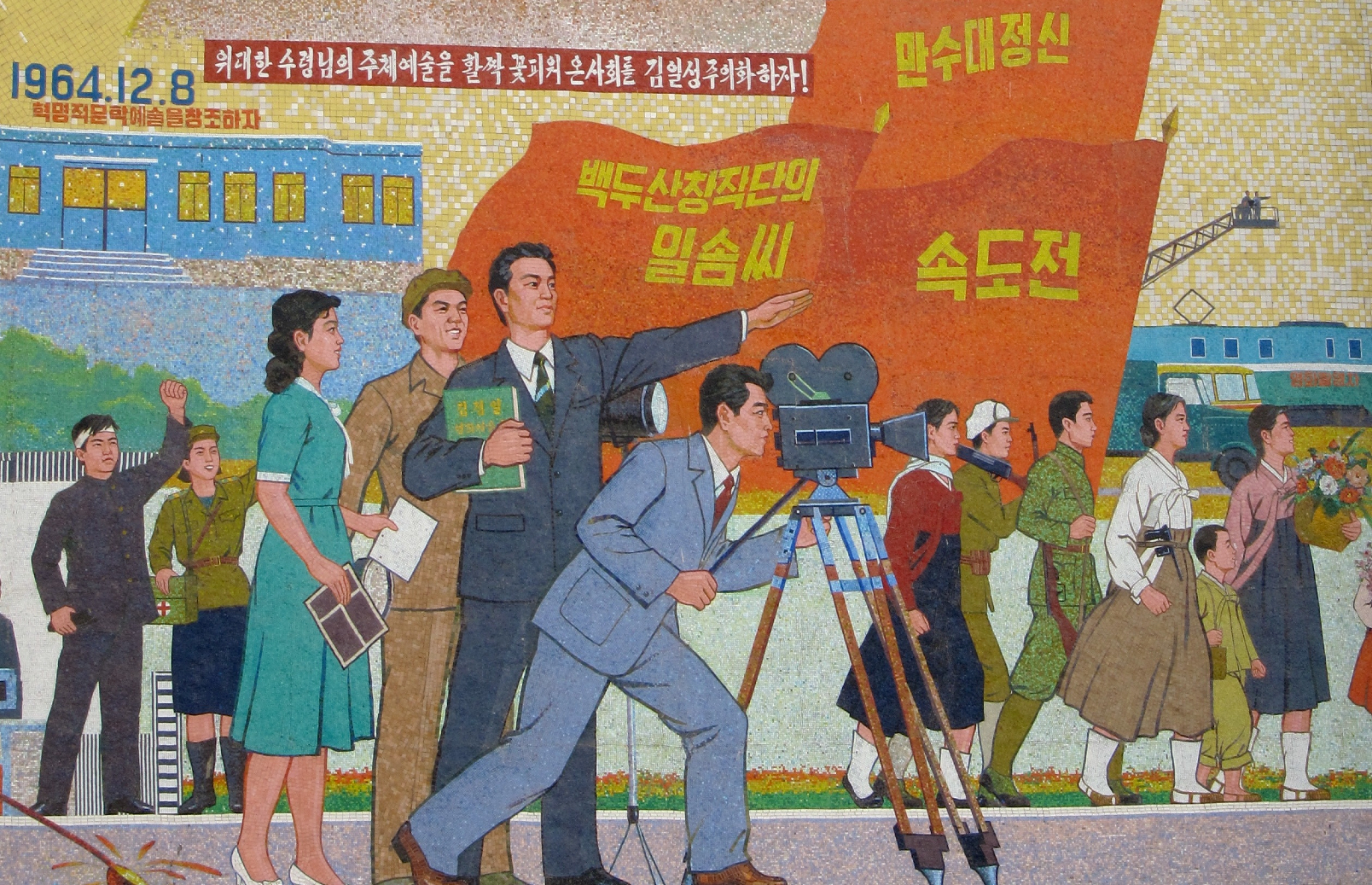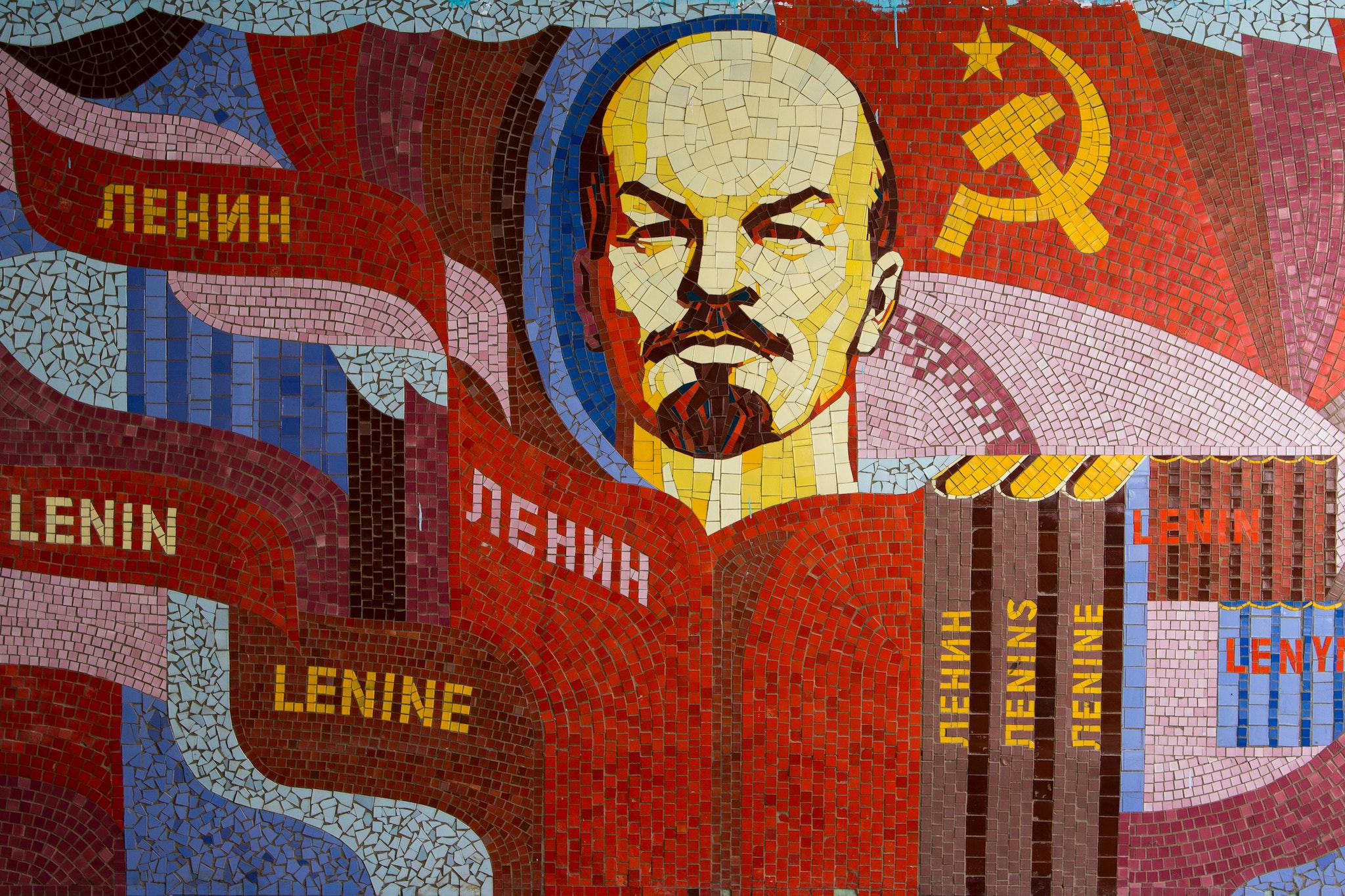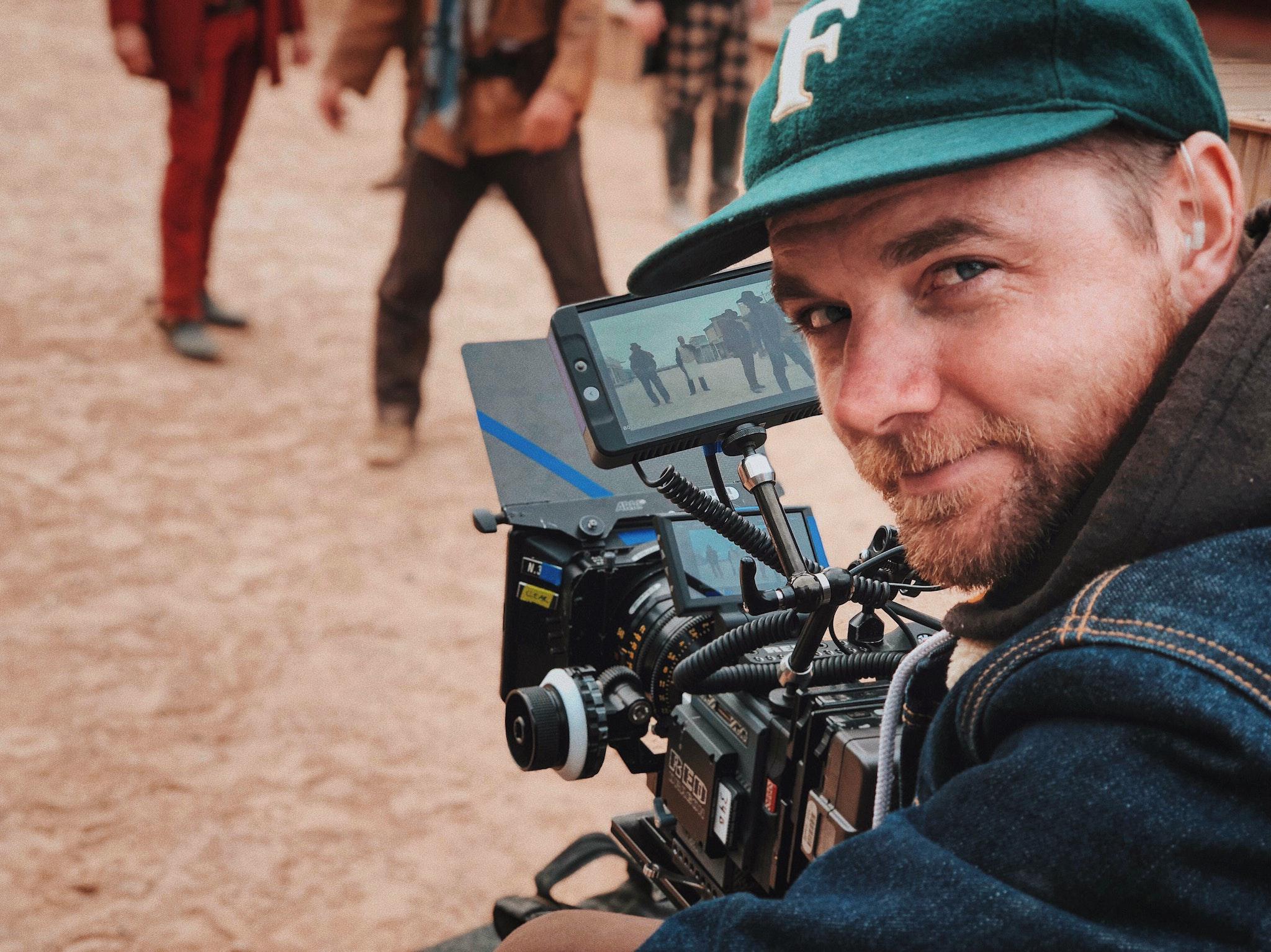Iranian Film Stays in the Picture

Despite being left out of the main competition at Cannes, Iranian cinema was recently championed as “alive and successful” by officials at the Farabi Cinematic Foundation, an affiliate of the Iran’s Ministry of Culture and Islamic Guidance that sanctions Iranian films for the global market.
The mainstream film-going public is likely unaware that Iran even has film, let alone a vibrant and historic industry, but 30 years of Islamic rule has not always promoted the country’s film scene to a global audience.
Film first came to Persia at the beginning of the 20th century, and Tehran got its first theater in in 1904. The early fascination with film soon included an avant-garde and then a New Wave movement in the 1960s that birthed many of Iran’s famous filmmakers–particularly Abbas Kiarostami, whose experimental techniques won him the Palme d’Or in 1997.
While Iranian film is applauded by international cineastes, post-revolution Iran also created a deep rift with filmmakers, particularly Kiarostami, who helped Iranian cinema become a part of the global vanguard. Named in two international critics poll as the most important director of the 1990s, Kiarostami has never seen much acclaim in Iran where much of his work is banned.
His artistic resume expanded last month when he headed a production of Mozart’s Cosi Fan Tutte at the English National Opera. Unfortunately, the director couldn’t make the performance as he had trouble obtaining a visa at the British embassy in Tehran.
In a recent interview with the Financial Times, the filmmaker explained the incident as symptomatic of a political system that compromises artists. “If you are a businessman or a politician in Iran, you can get a visa as quickly as you ask for it. But artists are the biggest victims of this system.”





